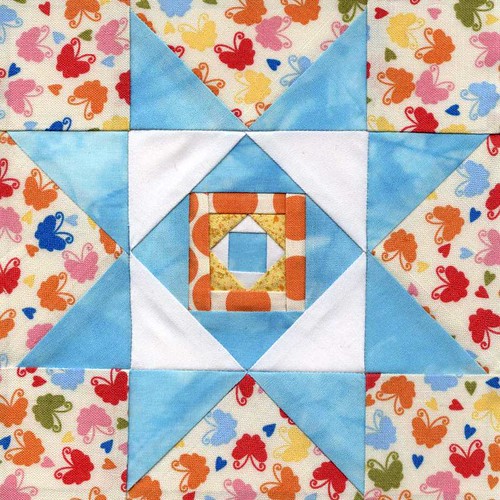
According to a recent poll on my sidebar, about 45% of visitors on this blog are individuals who have been diagnosed with a mental disorder. Another 19% of visitors haven’t been diagnosed but they suspect that they may have a disorder. Those are really high percentages, although I guess it makes sense since this blog is about psychology and personal development, and who better to need advice than those who may have been put into an unfair disposition.
In light of this poll, I wanted to ask myself, “What is one piece of advice I would give to those who have been diagnosed with a mental disorder?”
Then I was reminded of something I one time read on a forum for individuals with bipolar disorder (I don’t personally have bipolar disorder, I just like “getting in the trenches” and learning more about disorders by talking to people who actually have them). The person said something really thought-provoking. He didn’t understand why people say “I’m bipolar.” He found it too identifying. He mentioned how we don’t hear people with cancer say “I’m cancer,” or people with depression say “I’m depression.”
Isn’t bipolar just a condition like any other physical or mental condition? Why should those with bipolar disorder then identify themselves as “bipolar?”
I believe the truth is that even those with other mental disorders often identify with their disorder. It begins to become their whole being. It’s a thought that lingers behind everything they do; they wake up in the morning and think “This is me. I am a person with X.”
Now, of course, a mental disorder can play a large role in who we are – but I think we should always be cautious when we narrowly identify ourselves. No, you’re not just a person with bipolar disorder or ADHD or schizophrenia, you might also be a mother/father, a friend, a coworker, an artist, a movie enthusiast, etc. There are so many facets to your being besides your mental condition – don’t forget about them.
I understand that this advice may be easier said than done, but I urge you to actively expand your view of yourself. In fact, I urge anyone to actively expand how they view themselves. Our “self” is a psychophysiological entity that is in a constant state of flux. It is always taking new shapes and forms, from moment to moment, and from year to year. This blog often emphasizes this changing nature.
Those with mental disorders (or any illness) should try extra hard to expand how they perceive themselves. I strongly believe that we choose to define ourselves by creating our own meaning in life. And while I understand that many mental disorders are biologically determinant, and not exactly inside our control, how we define ourselves is very much inside our control. It’s a mental attitude, however, that takes consistent practice to cultivate. I believe that so long as you don’t fully identify with your mental disorder, there is plenty of room to improve your life.
Enter your email to stay updated on new articles in self improvement:
